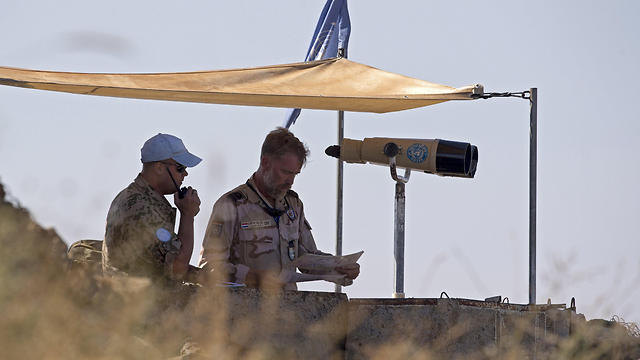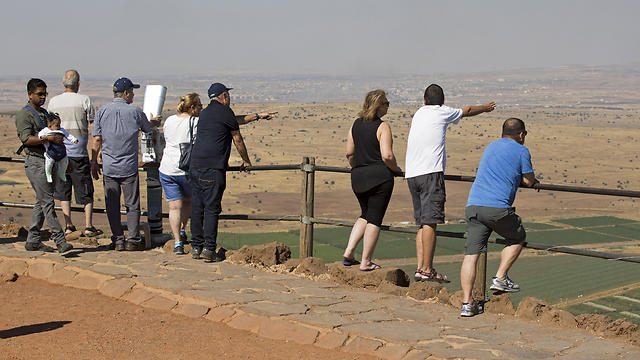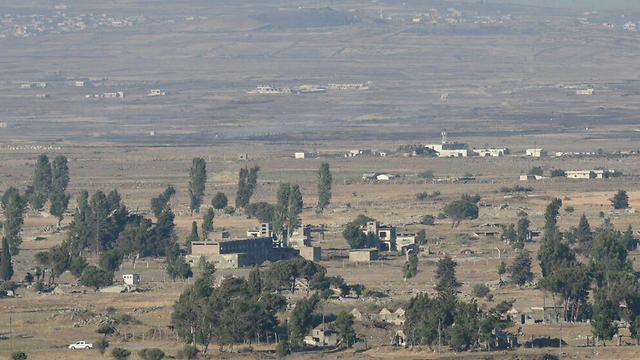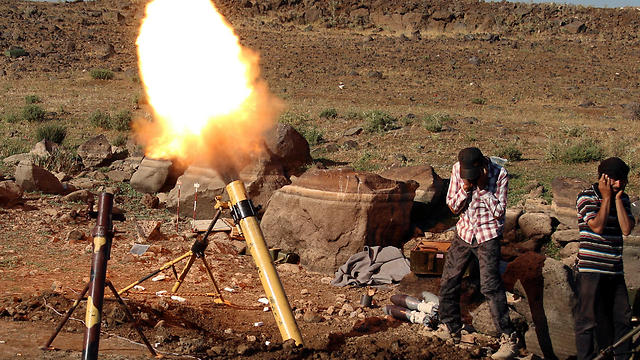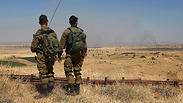
In state of panic, Syrian army tosses rules of caution aside
Analysis: While Assad’s army was well aware of the fact its direct tank fire on rebel forces would spill over into Israeli territory and lead to retaliation, it had to stop the rebels from approaching the road to Damascus. Meanwhile, it remains unclear whether the unusually severe IDF response will be met with a Syrian counterattack.
The eastern Quneitra area is particularly important to the region as it controls the strategic road between Damascus, the Jordanian border and the city of Daraa. Control of this road provides easy access to the Syrian capital.
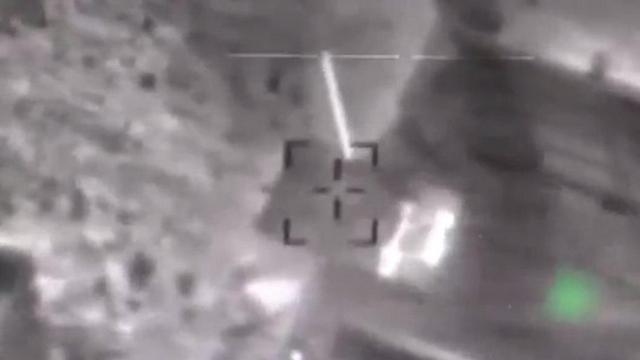
If the rebels manage to reach this road and the area controlling it, they will be able to sabotage the Assad regime’s main effort. The regime is currently working with Hezbollah and Iranian forces to reoccupy the city of Daraa, which is the key for controlling southeastern Syria and the Jordanian border. We should remember in this context that the Syrian rebels receive a large part of their supplies from Jordan, and Daraa is where the revolt against the Assad regime began about six years ago.
Saturday’s offensive on the City of Baath and the area controlled by the Syrian army east of Quneitra was launched by Salafi Islamist organizations, led by an al-Qaeda-affiliated organization called Tahrir al-Sham (The Organization for the Liberation of the Levant), which is basically the al-Nusra front in a new name. The offensive was carried out in cooperation with other Islamist rebel organizations, and it threatens to reduce the area controlled by the Syrian army near the strategic route to Damascus.
It’s important to be aware of these details to understand why the Syrian army tossed aside all its rules of caution and fired at the rebel forces it was attacked by, without considering the fact the fire could spill over into Israel. The Syrian army usually avoids firing into Israeli territory, knowing how rapidly and aggressively Israel will response as part of its policy not to allow any fire or violation of sovereignty on its territory.
This Israeli policy stems from the understanding that failure to respond aggressively to any spillover into Israeli territory, even an unintentional spillover, will be interpreted as a violation of Israeli sovereignty, and could turn from a drizzle into a flood, not to mention wearing out the Israeli deterrence in the Golan Heights. Israel, therefore, has made it a point to respond to any incident of this kind to indicate that it considers it a red line that must not be crossed. The Syrians know this, which is why the Syrian army tries to refrain from firing into Israeli territory so as not to be subject to a tough Israeli retaliation using airstrikes or artillery bombardments, which it can’t really stop.
As Israel knew IDF activity could prompt a Syrian counterattack, farmers and vacationers were evacuated as a precaution before the retaliation was carried out. There is still a possibility the Syrians will respond, and the IDF is preparing for any scenario. It's important to note, however, that the Syrian army is well aware of the fact its aerial and ground abilities are completely inferior to the IDF’s abilities in the Golan Heights, and is therefore honoring the red line set by Israel.
Saturday’s errant fire was unusual from two aspects: First, it included an unusual amount of 10 mortar shells and tank projectiles that landed in an open area in Israel, as opposed to the usual spillover of one or two mortar shells. Saturday’s incident also included direct tank fire, and the shooters were perfectly aware of the fact the shells would hit Israeli territory.
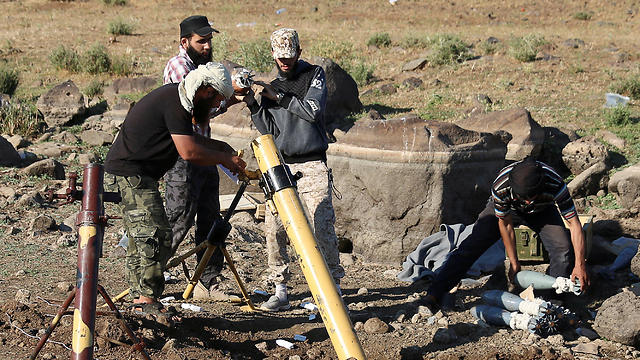
Second, there were thousands of Israeli travelers in the Golan Heights when the Syrian mortars were fired, and they could have gotten hurt. The Syrians, who are watching our area at all times, were aware—or at least should have been aware—of that fact, which is why the Israeli response was unusually severe.
The Syrian opposition says the Israeli attack was carried out by a helicopter and destroyed two tanks and a heavy machine gun post in the Quneitra area. An official source in the Syrian army said several people had been killed in the Israeli strike.
It remains unclear whether the incident has come to an end, for two reasons: First of all, the rebels are still attacking the Syrian army and have broken through the Syrian lines in several places. Second, the Syrians usually don’t react immediately, but rather wait and weigh their options before making any decisions, and possibly consult the Russians and the Iranians too. The next 24 hours, therefore, will be critical.










